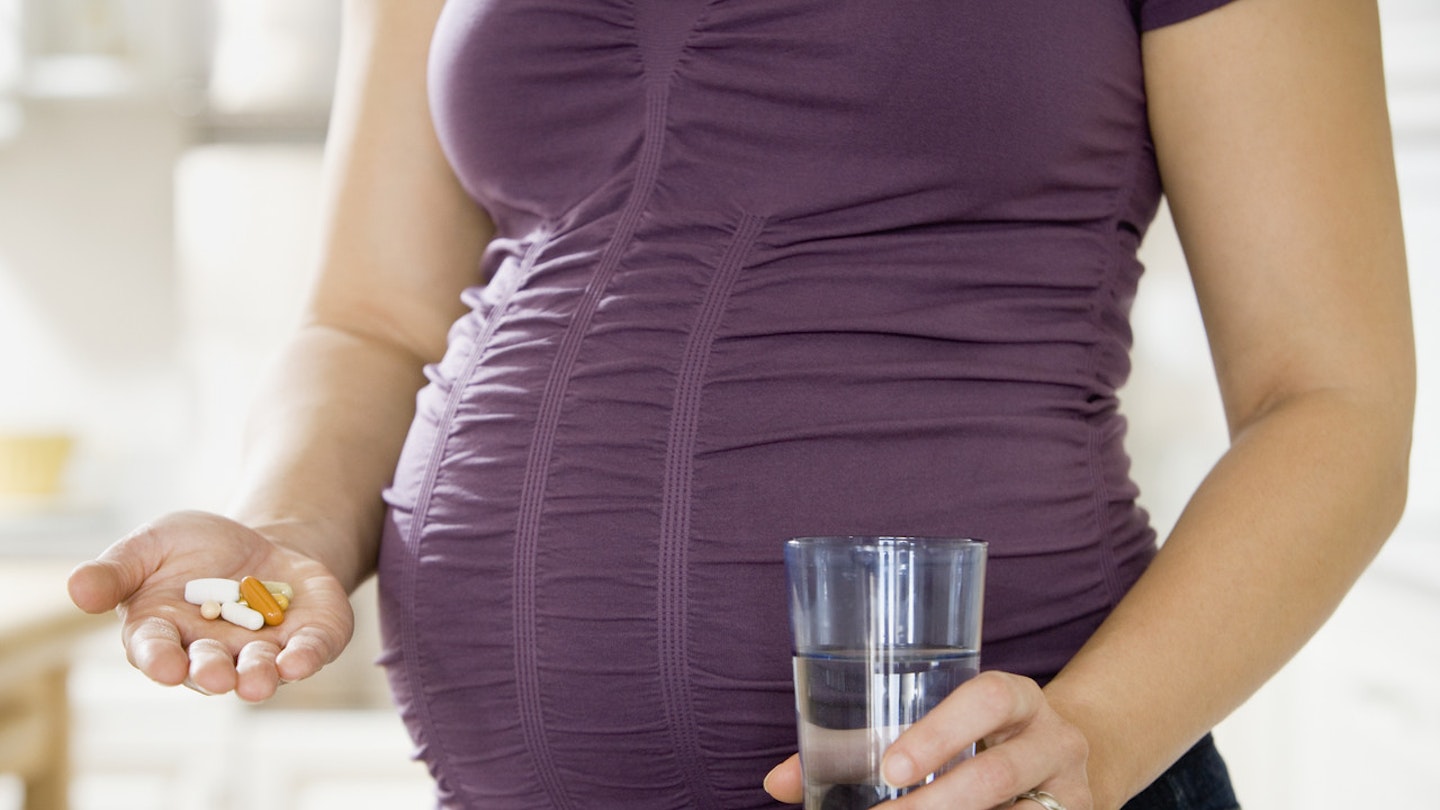You can feel a banging headache coming on, but are you allowed to take painkillers during pregnancy?
Which painkillers are safe to use?
If paracetamol is normally your go-to pain relief method then you’ll be happy to know that paracetamol is safe to take during pregnancy and can be used to treat mild or moderate pain and a high temperature. Many mums take painkillers for when they're ill with something like a pregnancy cough, pregnancy shingles or cold.
The NHS advises it can be used whatever stage you’re at but do take the lowest effective dose for the shortest possible time.
‘Non steroidal anti-inflammatory drugs like ibuprofen are also very effective but these are best avoided in early pregnancy and may upset your stomach,’ says Dr Roger Marwood, co-founder of The Doctor and Daughter's Guide to Pregnancy.
> It’s best to steer clear of any stronger medication while you’re pregnant so your baby’s development isn’t affected in any way
The Department of Health also advises against taking ibuprofen in the third trimester of pregnancy as there is a risk of heart problems that cause high blood pressure in your unborn baby’s lungs and may reduce the amount of amniotic fluid in which your baby floats.
‘Aspirin is not normally recommended for pain relief,’ Dr Roger explains. ‘But it is often prescribed in very low doses in early pregnancy for other reasons so is known to be safe except for occasional stomach problems.’
Which painkillers should be avoided?
It’s best to steer clear of any stronger medication while you’re pregnant so your baby’s development isn’t affected in any way.
‘Seek advice from your doctor before using Tramadol and other opiate derivatives,’ says Dr Roger. ‘The same applies to the stronger anti-inflammatories such as Voltarol.’
What natural pain relief methods can be used?
There are some natural methods such as arnica that you can try using for pain relief. You can also trying applying heat patches or ice packs to the area that’s sore or uncomfortable to help reduce any inflammation.
Alternatively, some mums-to-be decide to explore acupuncture during pregnancy which has been found to help with numerous issues such as morning sickness, back, pelvis and neck pain, constipation and more.
However you decide to treat your discomfort, check with your GP or midwife first – there is probably something a medical expert can suggest rather than you suffering alone.
